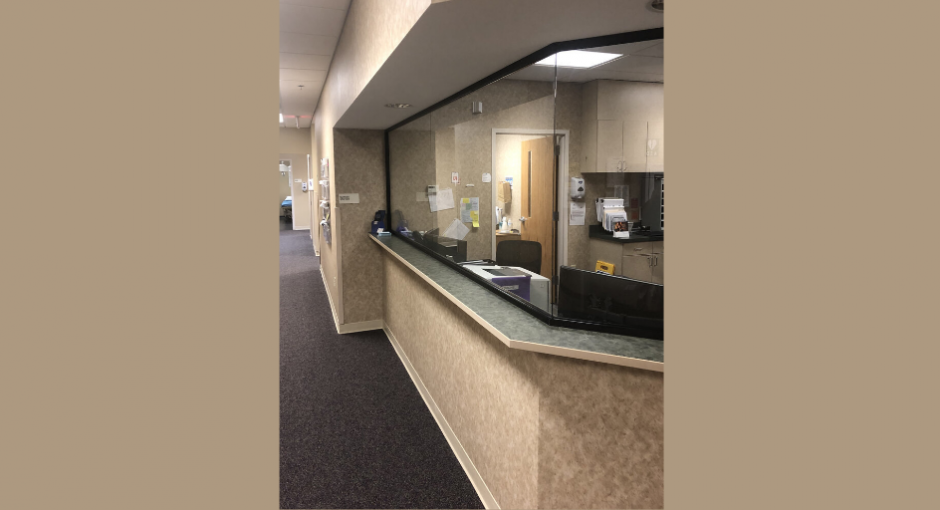An upstate New York health center has sued the nation’s four major insulin manufacturers for allegedly conspiring to stop offering 340B pricing when covered entities use contract pharmacies.
Mosaic Health’s July 30 lawsuit claims that insulin manufacturers’ Sanofi, Eli Lilly, Novo Nordisk, and AstraZeneca colluded to raise their prices in violation of federal and state antitrust laws. It asks the court to certify the case as a class action on behalf of all 340B entities nationwide with contract pharmacy arrangements that have issued prescriptions for the defendants’ products since Sept. 1, 2020.
“Defendants’ conspiracy has succeeded in raising prices, by eliminating contract pharmacy 340B drug discounts, while protecting their market position from competition from one another,” Mosaic said in its complaint. “That conspiracy is doing immense damage to plaintiff and other safety-net hospitals and clinics, and, consequently, to the healthcare options available to the patients they serve.”
Mosaic sued in U.S. District Court for the Western District of New York. It seeks:
- Certification of its suit as a class action
- A declaration that the four companies violated federal and state laws
- Awards of actual, punitive, and other monetary damages
- Preliminary and permanent injunctive relief.
By suing Sanofi, Lilly, Novo Nordisk, and AstraZeneca for allegedly violating federal and state antitrust laws and seeking to have the case certified as a nationwide class action, Mosaic might have found a way to bypass roadblocks that have kept covered entities from fighting on their own behalf in court against manufacturers’ 340B contract pharmacy actions.
Mosaic’s suit does not seek redress for claims that the four companies’ actions violated the 340B statute, nor that the companies broke the promises they made in their pharmaceutical pricing agreements (PPAs) with the U.S. Health and Human Services (HHS) secretary. The U.S. Supreme Court ruled in 2011 that covered entities have no right to sue drug manufacturers under the 340B statute nor to sue to enforce any rights as third parties under 340B PPAs.
Courts have said that Congress set up the 340B administrative dispute resolution (ADR) process to be a forum for hearing entities’ claims that manufacturers charged them above statutory 340B ceiling prices. The ADR process, however, has not been utilized so far.
It took HHS more than a decade to publish final regulations establishing the ADR system. HHS has appointed members to the ADR board, and the National Association of Community Health Centers (NACHC) and several individual centers have filed ADR petitions challenging manufacturers’ denials of 340B pricing when centers use contract pharmacies. HHS, however, still has not named three-member ADR panels to hear and rule on those complaints. This is likely due to HRSA’s decision to bypass the process after the agency determined the drug companies were in direct violation of the 340B statute and sent demand letters to the manufacturers on May 17.
Mosaic’s claims that Sanofi, Eli Lilly, Novo Nordisk, and AstraZeneca have broken state antitrust laws, not just the federal Sherman antitrust act, might be a sign that states are poised to become bigger players in the fight over 340B contract pharmacy. State attorneys general have authority to commence state and federal antitrust actions on their citizens’ behalf.
Multiple state attorneys general have expressed concern about the manufacturers’ actions.
On Dec. 14, 28 state attorneys general sent a letter to then-HHS Secretary Alex Azar urging HHS to address manufacturers’ contract pharmacy related denials of 340B pricing.
In October 2020, one of the attorneys general, William Tong of Connecticut, sent letters to manufacturers Lilly, AstraZeneca, Sanofi, Novartis, and Merck demanding that they cease restricting access to 340B pricing or drugs dispensed by contract pharmacies, or cease unreasonable demands for contract pharmacy claims data. Tong and his predecessor, George Jepsen, have led large coalitions of states in federal lawsuits alleging rampant price fixing in the generic drug industry.
Earlier this year, Lilly, AstraZeneca, Novartis, and Sanofi disclosed in annual reports they received subpoenas from Vermont Attorney General T.J. Donovan related to their denials of 340B ceiling prices on drugs shipped to contract pharmacies.
340B Report will report in greater depth tomorrow about the claims Mosaic makes against Sanofi, Eli Lilly, Novo Nordisk, and AstraZeneca in its antitrust lawsuit.


